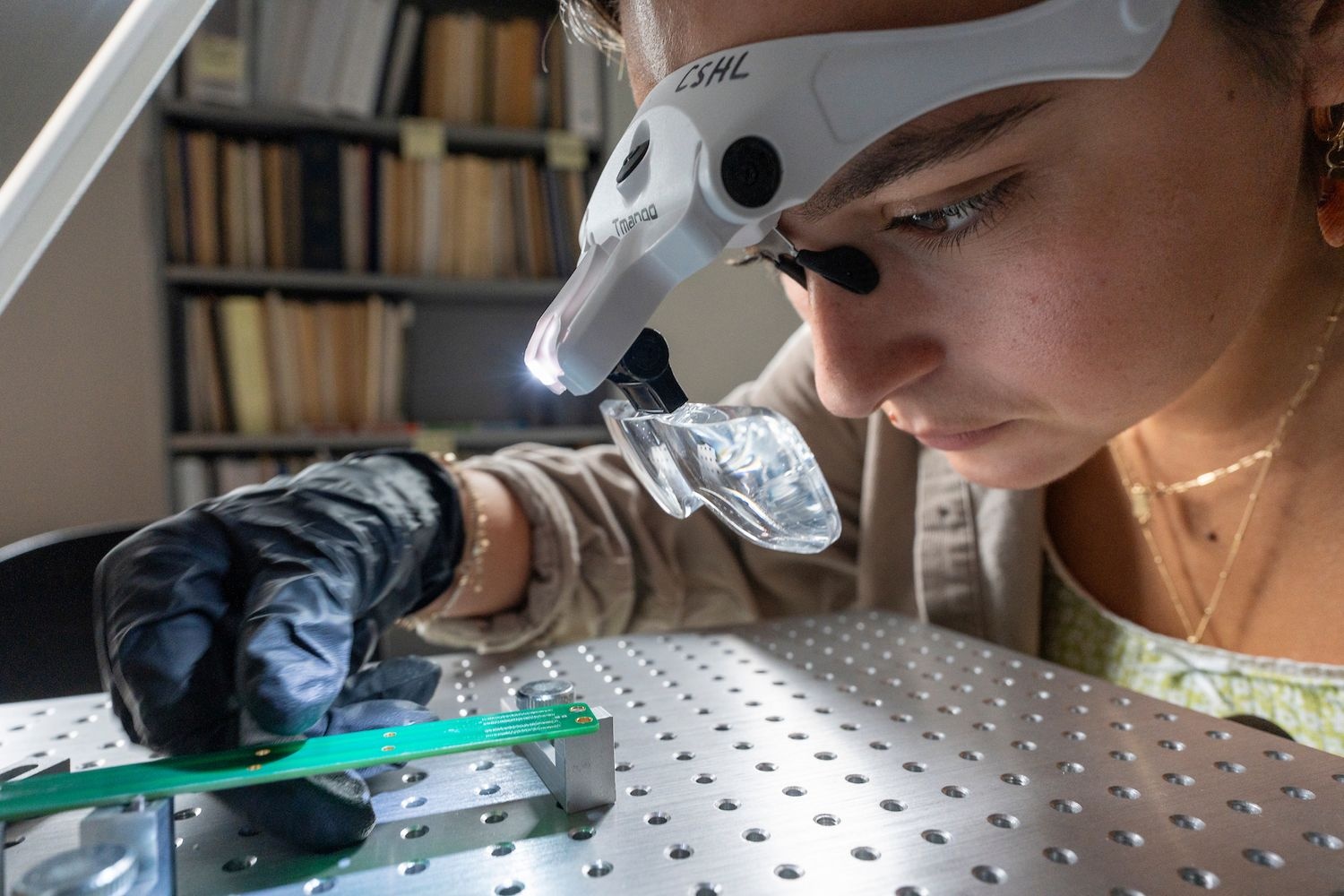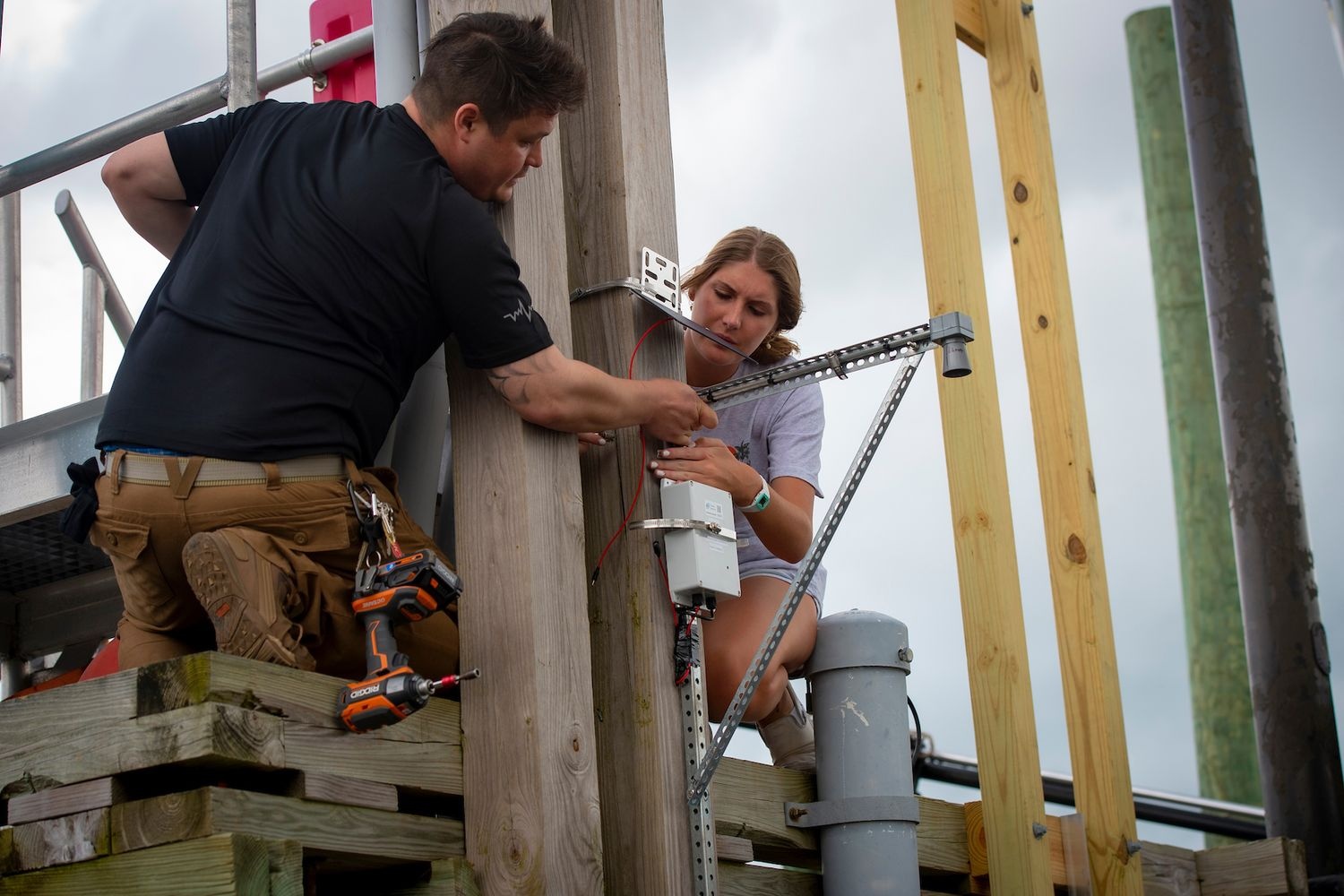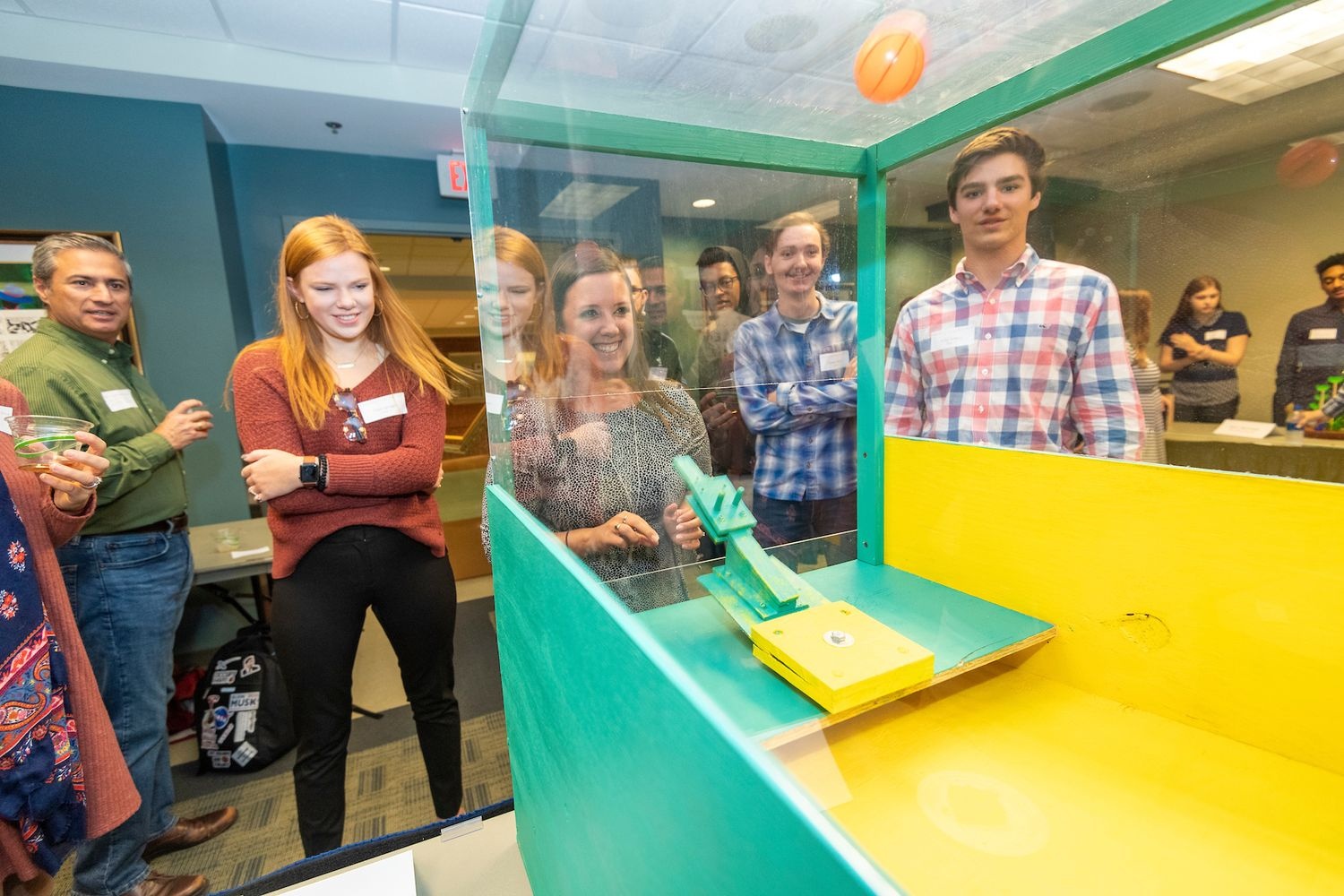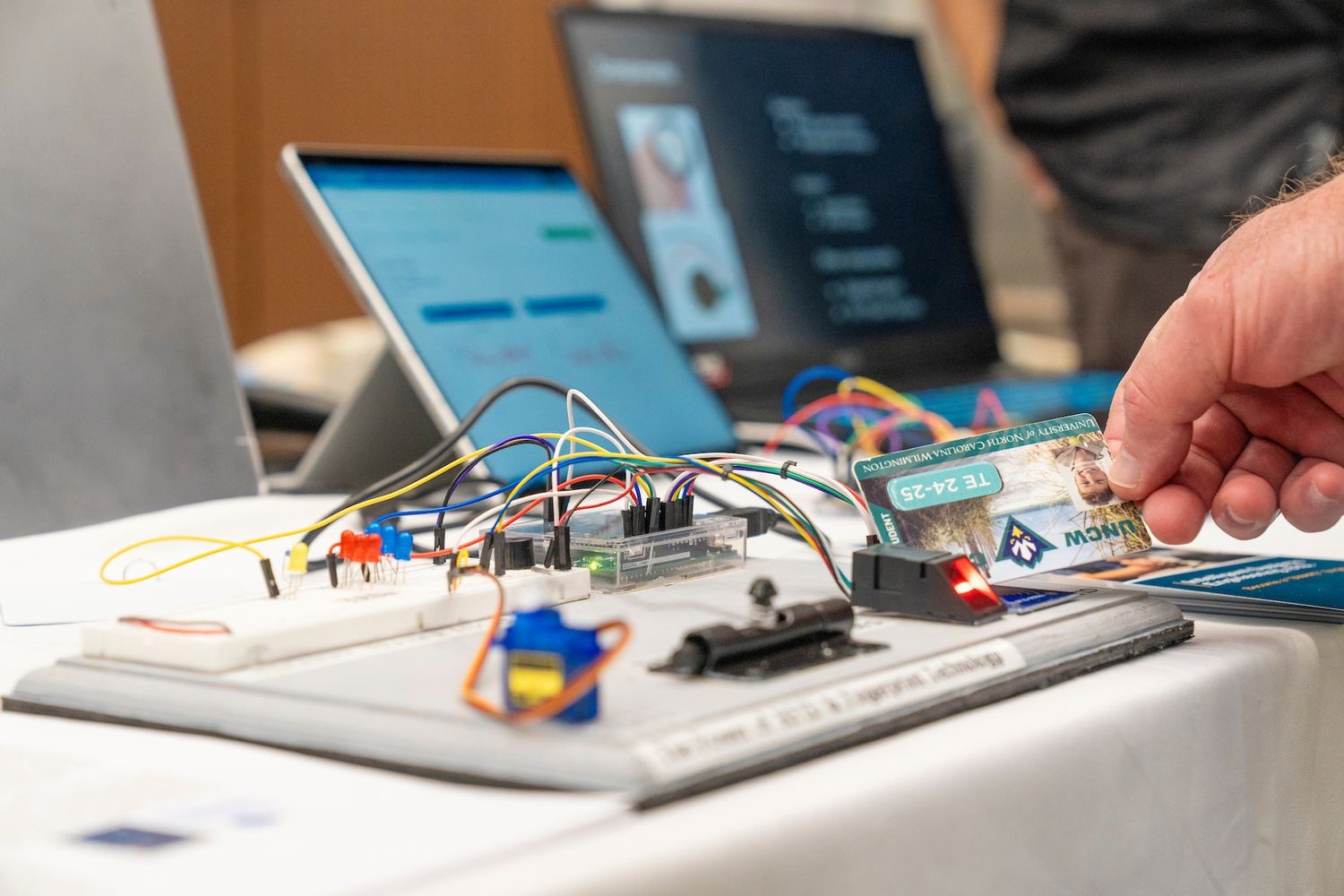“ Engineering is the profession in which knowledge of the mathematical and natural sciences, gained by study, experience and practice, is applied with judgement to develop ways to utilize, economically, the materials and forces of nature for the benefit of mankind. ”
Accreditation Board for Engineering & Technology
EXPLORE UNCW’S COLLEGE OF SCIENCE & ENGINEERING
Engineering 2+2 Program Office
Dana Wynn, Administrative Specialist










